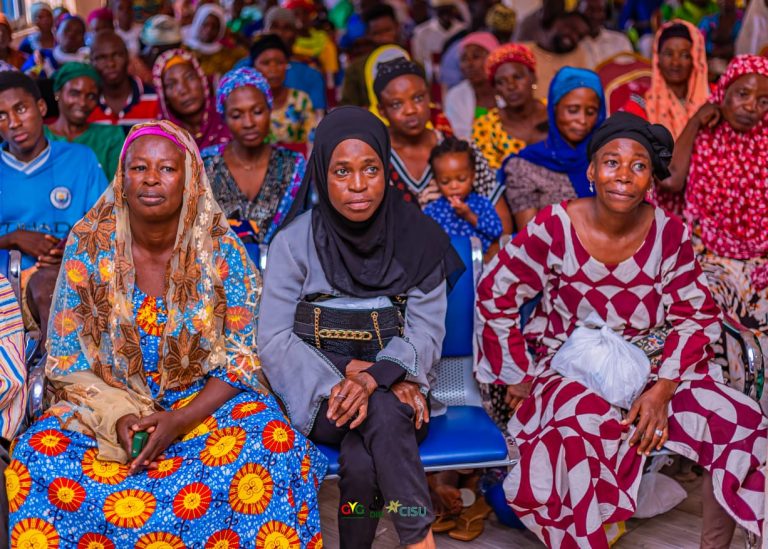|
Getting your Trinity Audio player ready...
|
A total of 290 smallholder farmers in the Tolon District of the Northern Region have benefited from a two-day capacity-building workshop aimed at enhancing their knowledge and resilience in sustainable agricultural practices.
They came from Waribogu Kamonaayili, Tolon Galinkpegu, Gbanjong, and Gbulahgu, which are all located in the district. The workshop brought together key stakeholders in the agricultural sector, civil society organizations, vulnerable groups, including persons with disabilities, and members of the Fulbe communities.
Participants were expected to gain a deeper comprehension of climate-resilient agriculture and food security strategies through the training.
It was organized by Ghana Youth Guide, a youth-led advocacy organization, focused on empowering vulnerable communities for sustainable development as part of its flagship initiative dubbed: “Empowering Ghanaian Youth for Sustainable Agriculture (R2C) Project”.
DIB provides the project with technical support and CISU provides funding, both of which are Danish organizations. Mr Prince Chentiwuni Abdul-Fatawu, Executive Director of Ghana Youth Guide, speaking during the workshop, said it formed part of a broader stakeholder engagement strategy to empower young farmers to adapt to climate challenges and improve productivity.
He emphasized that capacity building was crucial for ensuring sustainable agriculture and food security in the district.
In order to assist in the fight against hunger, poverty, and malnutrition, he urged the government to give priority to the inclusion of female farmers in disadvantaged communities as part of its Feed Ghana Project.
Participants were educated by Mr. Abdul-Fatawu Seidu, a representative from the Tolon District Department of Agriculture, about the significance of using high-quality seeds and employing efficient planting and harvesting methods to minimize losses after harvest.
According to him, farmers needed to be well-versed in weather patterns and implement recommended methods that increased soil fertility because of the changing climate worldwide.
He encouraged farmers to form groups to increase their access to government’s interventions promoting sustainable agriculture.
Participants expressed appreciation to Ghana Youth Guide and its partners for the training and pledged to apply the knowledge and skills acquired to boost agricultural productivity.
Source: myghanadaily


